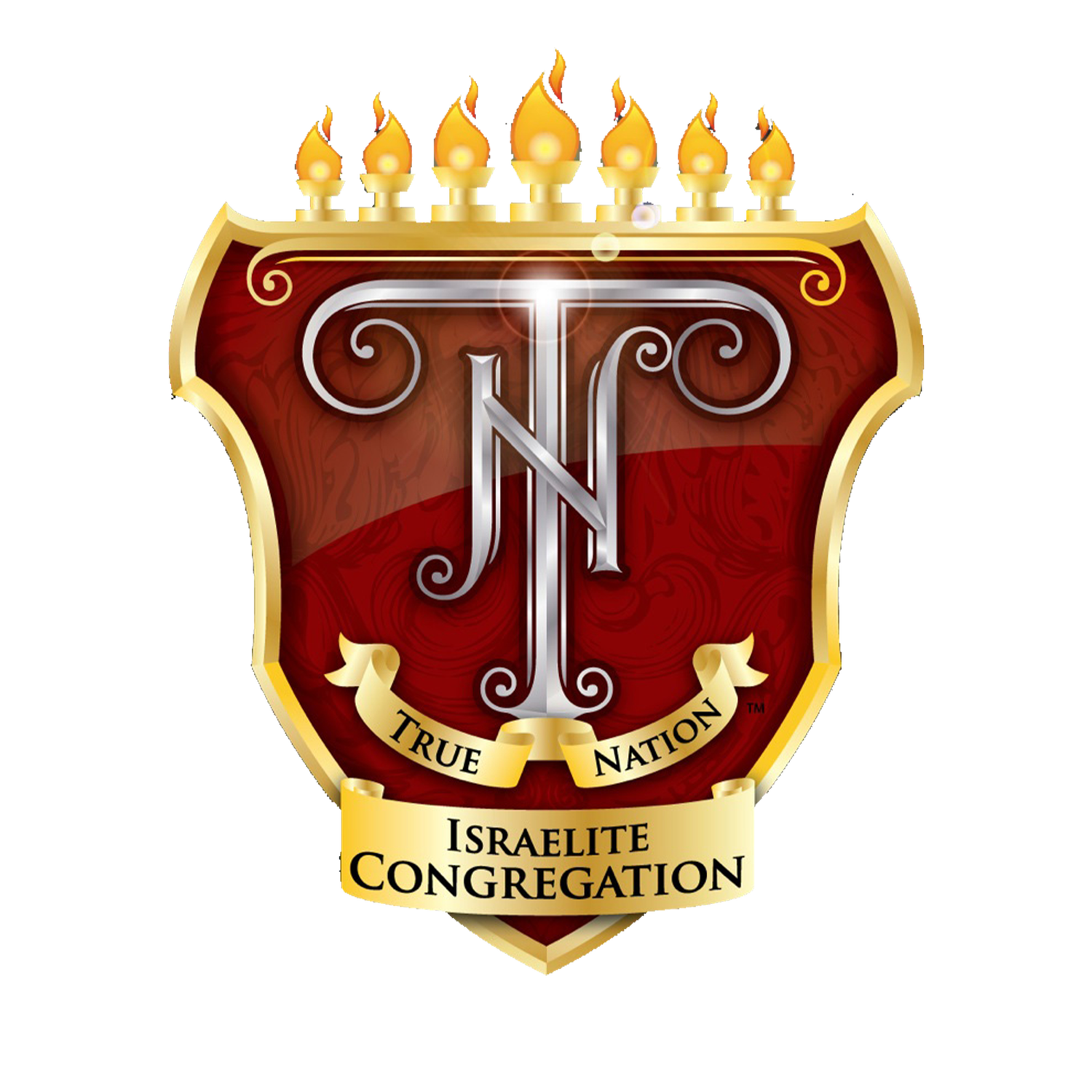
True Baptism
“Wherewithal shall a young man cleanse his way? by taking heed thereto according to thy word.” Psalm 119:9
The above scripture symbolizes the epitome of what it means to be baptized. A true baptism is a cleansing of the spirit and the flesh according to the principles of the Bible. Common religious beliefs such as Catholicism and Christianity, take part in what they believe is a baptism, by utilizing a tub of water and a testimony of prayer. In Catholicism, it is normal practice for its followers to have their babies baptized by their priests prior to the infant becoming a man or a woman, in the hope that they will live a “clean” life.
If a baptism is a cleansing, how can an innocent infant be cleansed if he or she has not committed a “dirty,” unlawful or offensive act? The purpose of the Baptism is to show the sinner the correct walk with God according to the Bible, and to show that individual how to live, learn and apply their faith according to the principles of the Holy Bible.
“Wash ye, make you clean; put away the evil of your doings from before mine eyes; cease to do evil. (17) Learn to do well; seek judgment, relieve the oppressed, judge the fatherless, plead for the widow. (18) Come now, and let us reason together, saith the Lord: though your sins be as scarlet, they shall be as white as snow; though they be red like crimson, they shall be as wool.” Isaiah 1:16-18
Here, we see the initial principle of being baptized, and that means for us to repent! An individual must acknowledge his or her offense prior to being cleansed. One cannot seek to be baptized just because of a cultural tradition, or because one’s parents, husband or wife etc., wants that individual to be baptized! You must have a complete understanding of why you need to repent and be cleansed. This is a requirement of us from God before He even deems to accept us (Jeremiah 3:12-14 and Jeremiah 4:14). When people get baptized in church, the act becomes vain because the customs of the church are vain. A person can be baptized and be dipped in water, and still continue to live their life according to their own dictates simply because the leader of his or her congregation has not given, and continues not to give, his congregation the proper understanding, knowledge and instructions of the Baptism. It becomes a temporary “fix” or “feel good” to the person being baptized because that individual is led to feel as though he or she has accomplished something in life. However, in a very short time, that feeling fades because the knowledge, wisdom and understanding necessary to feed and make that new man or new woman flourish, was never there in the first place (Ephesians 4:22-24, Colossians 3:10; and II Corinthians 5:17-19). Next, we must eliminate the falsehood that water is necessary in order to be baptized.
“Behold, I will send my messenger and he shall prepare the way before me: and the Lord, whom ye seek, shall suddenly come to his temple, even the messenger of the covenant, whom ye delight in: behold, he shall come, saith the Lord of Hosts.” Malachi 3:1
This verse shows the prophecy of John (The Messenger), preparing the way of repentance prior to Christ making his first appearance on earth. John was the forerunner of Christ. He paved the way in order for Christ to take the lead and complete the puzzle of repentance. John used water during his baptisms as a symbolic gesture of cleansing, but once Christ came, there was no need for symbolisms any longer. The truest form of cleanliness had arrived in the flesh! A living, walking example of what it meant to be clean and sinless was provided to us through the will of God.
“I indeed baptize you with water unto repentance, but he that cometh after me is mightier than I, whose shoes I am not worthy to bear: he shall baptize you with the Holy Ghost, and with fire.” Matthew 3:11
Clearly, we see that John himself is advising that the water would be of no use once the our Savior had arrived. A baptism with the “Holy Spirit” would now be required in order for us to be cleansed. In the latter verses, we see that John himself was reluctant to baptize Christ because he knew that the Holy Spirit was mightier and more significant than water (Matthew 3:13-17). But Christ, being just, and wanting to fulfill all that is written, advised John that it was necessary that he (Christ) be baptized with the water, primarily because Christ came in the likeness of his brethren. (Hebrews 2:14-17). This means that Christ came to the earth, filled with humility, and took part in the symbolic practice as well before he took over from John. Water only cleanses the body, but it cannot cleanse the spirit. I like to use the analogy regarding water and baptism, murderers, homosexuals, pedophiles, thieves, liars, etc. All of these people take showers or baths, but does that make them clean? Can a tub of water in a church make these individuals clean anymore than their tub at home? The obvious answer is NO! This is why the water was only symbolic and was no longer necessary because the Holy Spirit of the Lord is the only means that can cleanse the spirit of mankind (Isaiah 11:2). Isaiah showed us what the Holy Spirit requires from us, and the principles necessary for our transformation. A continual meditation on, and studying of, the Bible will help to cleanse us and make those spirits of righteousness become real to us. Read the following scriptures and you will clearly see that the Word (the Bible) is what cleanses an individual, and not vain prayers and water: Ephesians 5:26; John 15:3; John 17:17; Psalms 119:142. In closing, let the word of truth reign and govern our lives rather than traditions of men (Mark 7:6-9, John 4:22-24).
“Seeing you have purified your souls in obeying the truth through the Spirit unto unfeigned love of the brethren, see that ye love one another with a pure heart fervently: Being born again, not of corruptible seed, but of incorruptible, by the word of God, which liveth and abideth for ever.” I Peter 1:22-23
